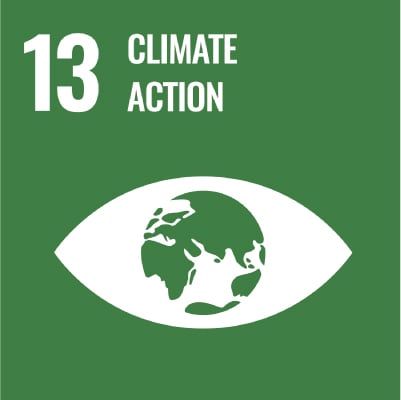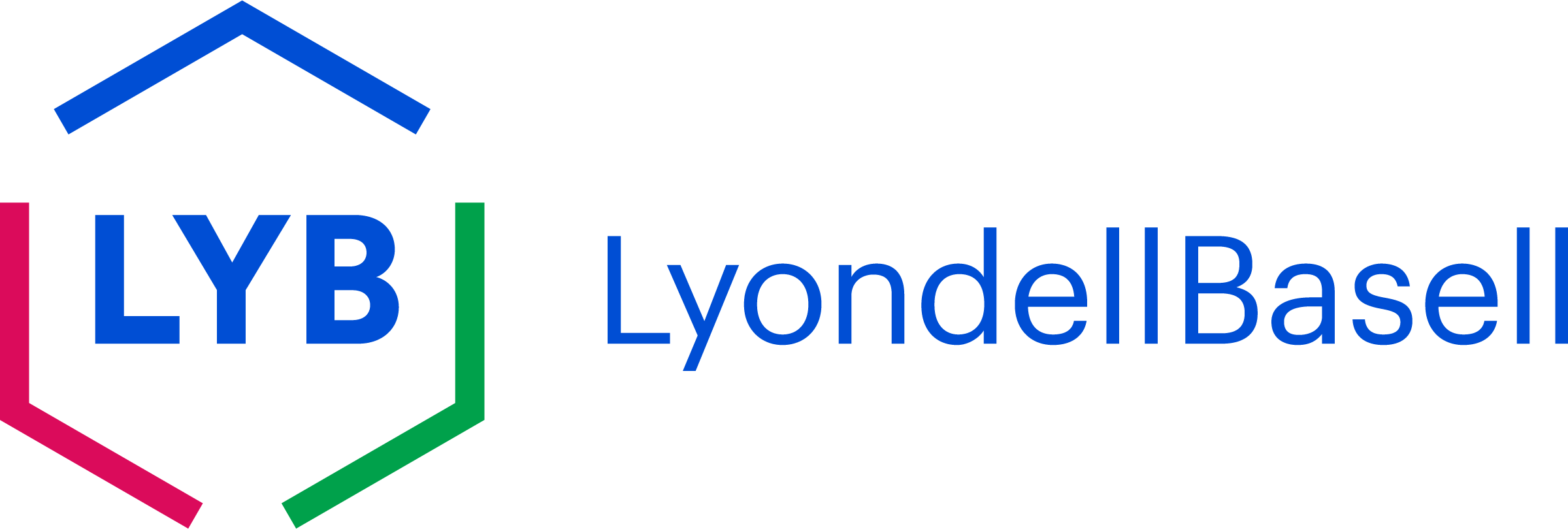 Goal 13. Take urgent action to combat climate change and its impacts.
Goal 13. Take urgent action to combat climate change and its impacts.
Climate change is one of the most important global challenges both now and for future generations. We support the ambitions of the Paris Agreement and are reducing the intensity of GHG emissions from our operations and delivering solutions that help advance a low-carbon economy. We are working to meet customer demand for products with a lower carbon footprint. By 2030 we aim to achieve a 15% reduction in CO2 emissions per ton of product produced compared with 2015 levels.
Our CO2 reduction program includes:
- Increasing our use of renewable energy, and recovering and reusing waste heat to produce electricity
- Introducing lower carbon feedstocks made from renewable resources and plastic waste
- Improving operational energy efficiency and reducing energy consumption.
- Assessing low-carbon opportunities and transportation solutions across our supply chain
- Offering products that reduce emissions such as materials that make vehicles lighter and more fuel efficient, biofuels that meet clean air standards, and building materials that improve energy efficiency
- Exploring break-through technologies that advance low-carbon production processes


